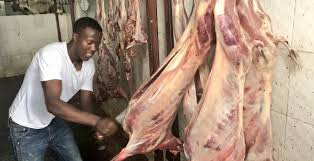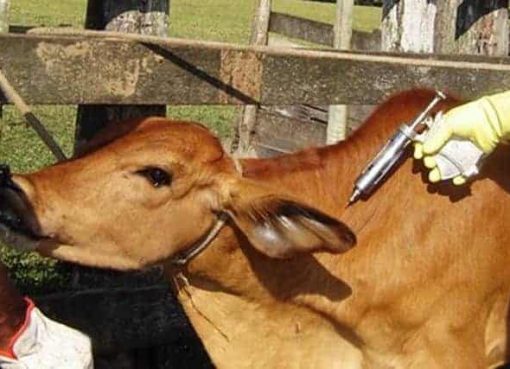The Nakuru County Government is developing new food safety and hygiene standards that wet markets will be required to comply with before being licensed to operate.
Executive Committee Member for Health Dr Zachary Gichuki Kariuki observed that following the outbreak and spread of the COVID-19 pandemic, wet markets have been described as potential hotspots for the transmission of zoonotic diseases.
A “wet market” is a public marketplace where fresh farm produce, meat and fish are sold, while zoonotic diseases are ailments that are transmitted through consuming or coming into contact with animal products such as meat, milk, blood or eggs.
Speaking during a consultative forum on ownership, regulation and management of wet markets organised by the European Union funded by Agricultural Finance Initiative (AgriFI) in Nakuru, Dr Kariuki said suggestions that the markets be closed for some time were impractical as they were an important source of affordable food for millions of Kenyans.
“There is no need to close wet markets but we do need to make them safe, employing the appropriate infrastructure and equipment, and implementing hygiene and environmental standards and policies.
The Departments of Environment Trade, Public Health, Revenue, representatives from the National and County Government’s Vet department, representatives from the Council of Governors and the Ministry of Agriculture are working closely in formulating the new policy,” explained the CEC.
Dr Kariuki however said he was backing global health leaders who were advocating for bans on wildlife trading at wet markets as a defense against future zoonotic outbreaks.
In April this year, the World Health Organization (WHO) announced that it was working on food safety and hygiene standards that wet markets must observe.
The global health body called for standardised global monitoring of Water, Sanitation, and Hygiene (WASH) conditions at food and live animal markets.
County Executive Committee Member for Agriculture, Livestock and Fisheries Dr Immaculate Maina said the over 90 wet markets within the devolved unit provided income for thousands of poor rural households.
She warned that misguided efforts to control the alarming burden of food-related illnesses in low-income areas risked intensifying malnutrition and poverty and may do little to improve food safety.
“In the rural parts of the county, wet markets are often the only place where people can afford to purchase nutritious food. Local farmers, especially women, are dependent on selling their produce in local markets.
Families need this income to pay for clothing and school fees for their children, cover medical expenses and purchase other essential items. Though closing wet markets is not a solution, prioritizing health and safety standards in rural markets is a good place to start,” Dr Maina said.
She noted there was need for improved wet market infrastructure particularly in low-resource settings by installing hand washing facilities and toilets, putting in place adequate drainage, separating live animals from meat and produce, and implementing protocols for cleaning food and slaughtering animals.
“We are also promoting public awareness campaigns on the need of such markets to have adequate cooling facilities and appropriate equipment including clean knives and cutting surfaces.
The traders are also being informed that poor treatment of effluents from animal slaughter bears a significant hygienic risk to the environment and human health,” concluded the CEC.
By Jane Ngugi





